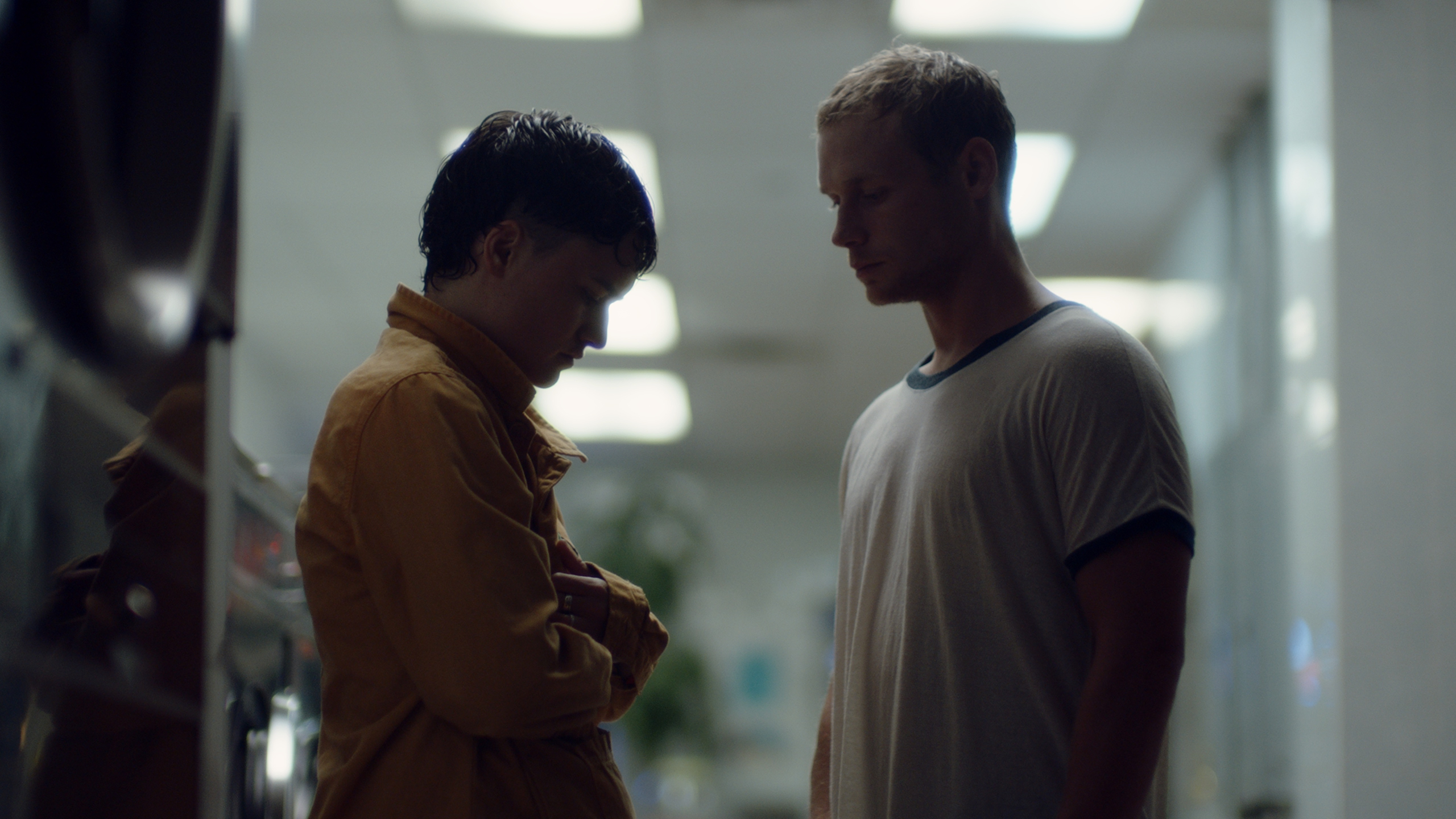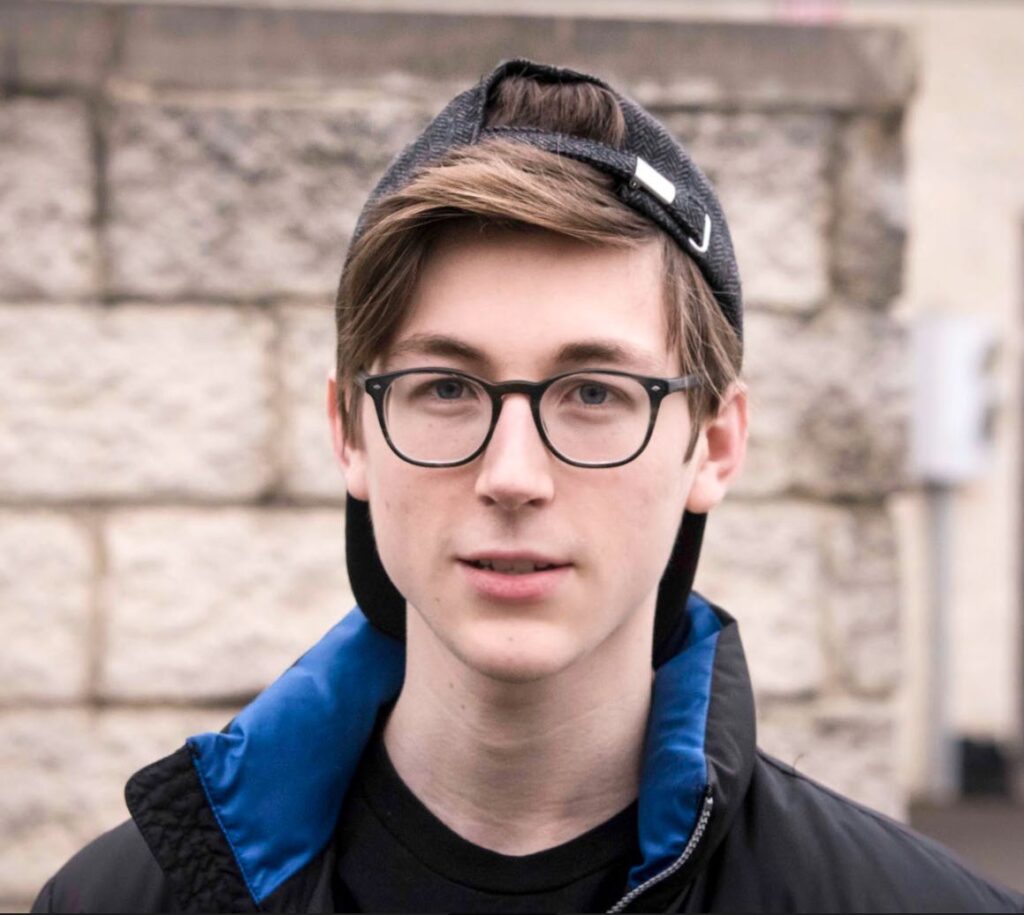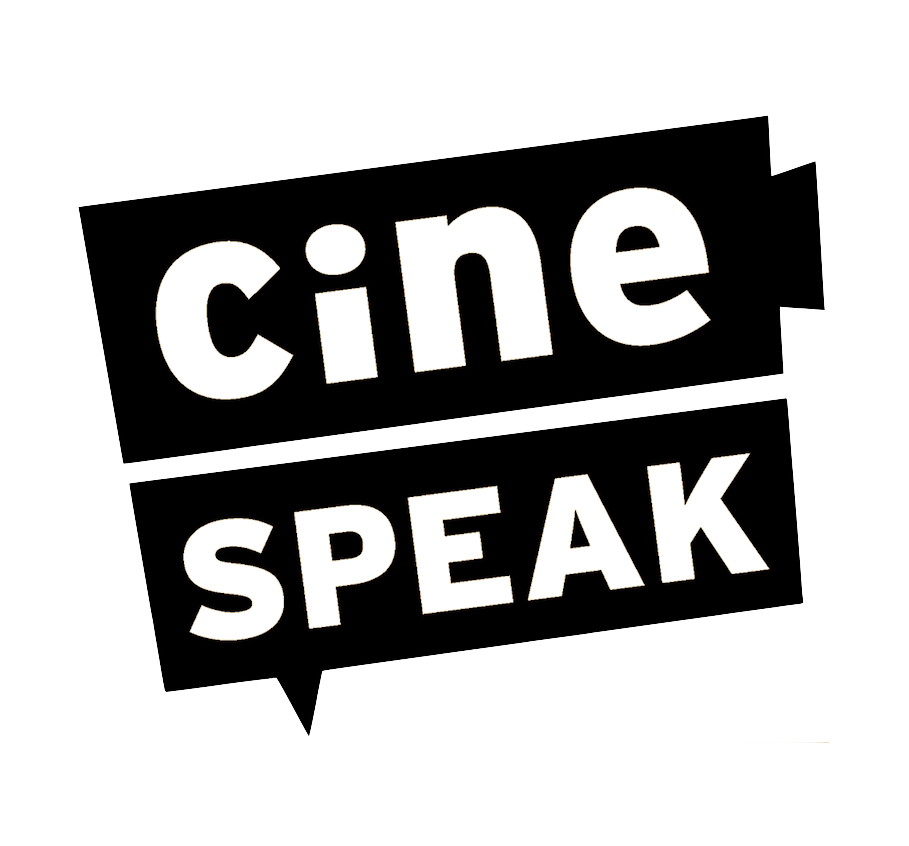
11 Apr Being The Trans Big Brother: An Interview With Mutt Director Vuk Lungulov-Klotz
BY HANSEN BURSIC
Over the course of just 24 hours, Feña, the lead character in Vuk Lungulov-Klotz’s award-winning film Mutt, is thrown into an emotional rollercoaster marked by family drama, the sudden appearance of an ex, and a slew of bad luck. What emerges once the dust has settled is an honest and heartwarming story of how complicated and special familial relationships can be for a newly out trans person.
Among the few Sundance films that center on the story of a trans man, Mutt stands out for its ability to capture the hearts of its audience with its almost universal message: the importance of being a loving parent or sibling. The film took home a Special Jury Acting Award in the U.S. Competition.
cinéSPEAK got the chance to sit down with first-time director Lungulov-Klotz at Sundance following the world premiere of his film to chat a little more about family and mentorship, in the film and behind the scenes.
This interview was edited for length and clarity.
cinéSPEAK: So to start, I am curious how you found this story, specifically one that focuses on a particularly chaotic day.
Vuk Lungulov-Klotz: Specifically for this movie, I wanted to get in the head of the people that were very afraid about me being trans, [like] my father and my family who were just very, very afraid of what the world would think of me and how it would hurt me.
I wanted to place myself in their shoes so that I could really try to come at it with empathy and the empathy that maybe I wish people had for me when I was coming out.
I think though that I just wanted to paint a portrait of a trans man that lasted 24 hours. I love continuous time and I think so much happens in 24 hours that is very minor, but when you put it in this context and you put a lens in front of it, it just becomes so narratively heavy. I wanted audiences to take the time to spend a day with a trans person. Really feel like when you finish this movie, you know them. If you didn’t know a trans person before, hopefully now you feel like you know Feña.
cinéSPEAK: The family moments are really my favorite part of the film. Both the father and the sister approached Feña’s transness in different generational ways. Feña’s sister Zoe stood out because I have a young sister that age. I am curious about what inspired her character.
VLK: I really wanted to explore mentorship. I left my country when I was 18 to go to college and I left my eight-year-old sister there. I just felt really guilty that I was taking [myself] away from her, [as someone for her] to look up to. Right? Like someone so different that could teach her so much, even if it wasn’t about queerness, but just about being yourself and then trying to exist, period.
I think siblings, to me, are the most special relationships. Especially when you’re growing. It’s us against the world. It’s us figuring it out. And it’s someone that you can always come back and confide in who knows how crazy your parents are.

cinéSPEAK: I completely agree and you feel the weight of that relationship coming through so deeply in this narrative. This is such a personal story. Every time I talk to somebody who’s worked on a narrative like this, I always ask what did you do to take care of yourself through this process? I mean, this is incredibly emotional work.
VLK: When my DP read the script, he said that it was so open that it made him uncomfortable and I was like, “Great.” I feel like I take strength by being so open, if that makes sense.
Coming out was the biggest act of self love I ever did and making this movie is like the next biggest act of self love. So I think this entire movie has been me taking care of myself actually.
cinéSPEAK: Changing the subject slightly, I was told that you were very intentional about building your crew. Can you talk a little bit about your process for building your team?
VLK: I’m a gaffer and a grip. I do a lot of commercials and I’ve finished 14 features and I’ve done so many shorts and some TV here and there. All of this within New York. So I was very privileged to be able to hire my friends, a lot of queer friends, that felt so connected to the story.
I didn’t create a family. I literally brought in my family whom I had been working with for so long and it really showed. I wasn’t trying to have everybody be trans in the crew, but I wanted the best and that happened to be this very, very beautiful team.
cinéSPEAK: Going back to the topic of mentorship, do you have advice you would give to a young filmmaker who wants to tell stories like this?
VLK: By being queer and accepting yourself as queer, you’ve already been so brave. Just remember that and remember to be loud and carry that strength with you. Just never shut up.
Doing Grip and Electric [work on film sets] for seven years, I was the fucking queerest one on the team. I’ve never met another trans gaffer. I’ve met a few other trans G&E, but just by being in the room you are already making a statement, you know, by being alive, you’re like a political act, right? Your story is so important. That’s something that I was reminded of every time I wanted to give up.
I’ve had people come out to me as trans after reading the script, and that is just incredible.
*Featured Image: Still from Mutt. Image credit: Matthew Pothier.
The film made its East Coast Premiere at New Directors, New Films 2023 in New York City on April 8 and 9. Learn more here.

Hansen Bursic is a filmmaker and journalist currently serving on the Editorial Board of CinéSPEAK. He is the Marketing Manager at Outfest, which runs the largest LGBTQ film festival in the world out of Los Angeles, and has bylines in cinéSPEAK, Documentary magazine, and QBurgh.

Sorry, the comment form is closed at this time.